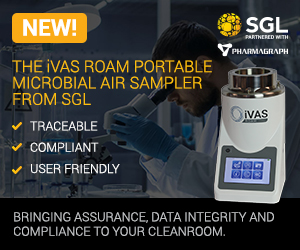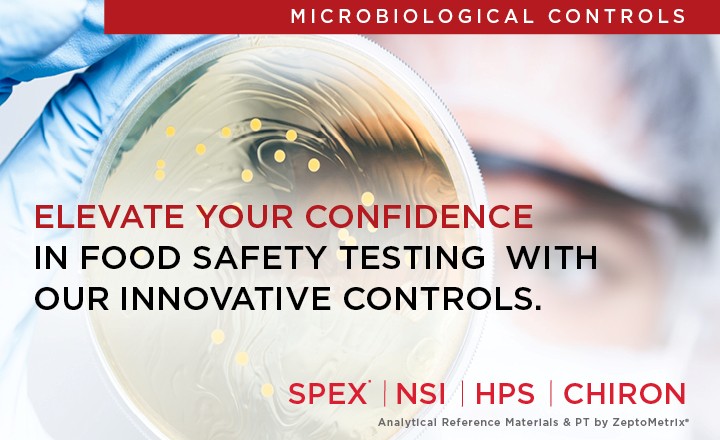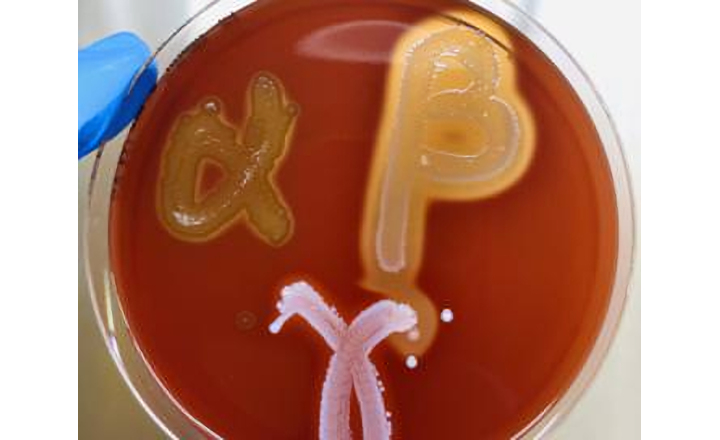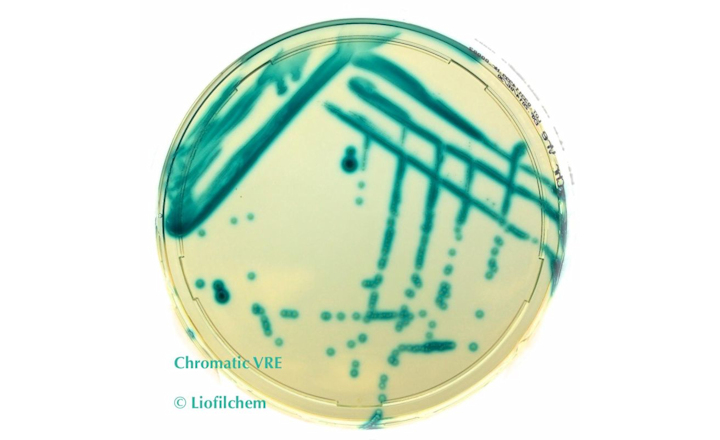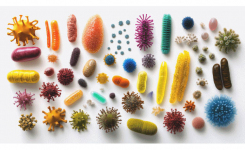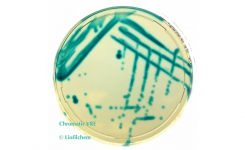DNAe, the inventor of semiconductor-based genomic analysis technologies, and the developer of a new, game-changing test for bloodstream infections that can lead to sepsis have announced new data on its test for bloodstream infections, LiDia® BSI. The data demonstrates the ability of the LiDia® BSI closed cartridge-based test to rapidly identify low levels of bacterial and fungal pathogens and resistance markers direct from whole blood, including an example of successful automation.
LiDia® BSI was used to accurately detect the most common pathogens linked to serious bloodstream infections, including the superbug methicillin resistant S. aureus (MRSA), less frequent pathogens that are often mistreated empirically, and important resistance markers. The authors of the poster at DNAe confirmed end-to-end functionality of the LiDia® BSI workflow, correctly identifying pathogens and resistance genes at 1 colony-forming unit per ml (CFU/ml). Total turnaround time was less than 5 hours, with current automation of the process expected to reduce the total process time down to less than 3 hours.
The poster presentation includes data on the automation of the LiDia® BSI workflow, used to correctly detect the pathogen, K. pneumoniae at 2.5 CFU/ml.
Currently, the standard of care for diagnosis of bloodstream infection is via blood culture, which can take two to six days to produce results. For serious bloodstream infections, which can lead to the life-threatening condition of sepsis, early diagnosis and administration of antimicrobials targeting the causative pathogen is the single most important factor in reducing mortality and morbidity. Reducing time to diagnosis from days to hours therefore has potentially lifesaving implications. On track for CE marking in 2018, LiDia® BSI will reduce unnecessary prescription of antibiotics by providing actionable results directing targeted treatment in just a few hours, direct from raw blood specimen.
Detection of pathogens in healthy donor blood samples spiked at 1 CFU/ml
LiDia® BSI correctly identified the following pathogens in healthy blood samples individually spiked at 1 CFU/ml: A. baumannii, K. oxytoca, K. pneumoniae, P. mirabilis, E. faecalis, E. faecium, S. aureus, C. albicans, and C. glabrata.
The absence of resistance markers in these samples was correctly confirmed in K. pneumoniae, E. faecalis, E. faecium, and S. aureus. In addition, the presence of both pathogen and resistance marker was confirmed for contrived whole blood specimens with vancomycin-resistant E. faecalis, vancomycin-resistant E. faecium, MRSA, and K. pneumoniae harbouring blaKPC –all targets spiked at 1 CFU/ml.
Detection of pathogens in clinical whole blood samples by LiDia® BSI
Clinical specimens of MRSA and methicillin-sensitive S. aureus were correctly identified directly from whole blood via detection of S. aureus and the presence or absence of mecA/C, concordant with blood culture results of the samples.
The abstract, published in The Journal of Molecular Diagnostics, vol 19(6), pp. 980, is available online here: jmd.amjpathol.org/article The full data are available here: dnae.com/assets


